US CYBER GAMES®
CODE OF CONDUCT &
CONFLICT OF INTEREST
PLEASE READ AND ACKNOWLEDGE
YOUR ACCEPTANCE BELOW
Purpose:
To define the baseline with which persons affiliated with the U.S. Cyber Games program and Team, including but not limited to Katzy LLC employees and volunteers working for and on behalf of the U.S. Cyber Games program and Team, conduct themselves while representing the U.S. Cyber Games. This document is in accordance with the U.S. Cyber Games' mission and values. The Policy goes into effect as of June 1, 2022. No Policy documentation will exist prior to this date.
1. Policy Statement
Introduction
The U.S. Cyber Games Program (“USCG Program”), administered by Katzcy LLC (“Katzcy”), leads its athletes, coaches and support staff in achieving sustained competitive excellence and preserving core ideals held by the USCG Program, thereby inspiring Americans and its global audience. The USCG accomplishes this mission through its commitment to:
- Honesty, integrity, and trustworthiness in all dealings
- Respect for the rights, differences, and dignity of others
- Accountability and transparency
- Stewardship of the global cybersecurity competition, training, and workforce development landscape
2. Scope & Applicability
This Code of Conduct (“Code”) applies to USCG Program athletes and coaches (collectively, “Participants”), Katzcy employees, Advisory Board members, and representatives, contractors, and volunteers when they are conducting business on behalf of the USCG Program (collectively, “Program Supporters”). This Code does not cover every issue that may arise, but sets out basic principles to guide Participants and Program Supporters. All Participants and Program Supporters must conduct themselves accordingly and seek to avoid even the appearance of improper behavior.
Anyone who violates this Code will be acting outside the scope of his or her participation (or employment) and will be subject to disciplinary action. If you are in a situation that you believe may violate or lead to a violation of the law or this Code or, if you believe that a violation of the law or this Code has occurred, you must report the matter to the Director of Cyber Sports at Katzcy. Section 9 of this Code contains information on how to report these matters.
Administration of the Code
Kayzcy, as administrator of the USCG Program, is responsible for setting the standards contained in this Code and updating these standards as it deems appropriate to reflect the prevailing ethical standards of within the Cyber Gaming community.
The USCG Program has appointed the Director of Cyber Sports at Katzcy as the individual initially responsible for providing interpretive guidance in applying the policies contained in this Code to specific situations and for generally overseeing implementation and enforcement of the policies set forth in the Code.
This Code was duly approved and adopted by Katzcy as of the 1st day of June 2022 and is effective immediately.
3. Compliance with Laws, Rules & Regulations
Obeying the law, both in letter and spirit, is the foundation on which Katzcy and the USCG Program ethical standards are built. Participants and Program Supporters are expected to respect and obey the laws and regulations of the municipalities, states and countries in which the USCG Program operates, including the states and countries that the USCG Program travels to, and to act in such a manner that the full disclosure of all the facts related to any activity will reflect favorable upon the USCG Program. Although Participants and Program Supporters are not expected to know the details of these laws, it is important enough to determine when to seek advice from coaches or other program administration personnel.
4. Commitment to Integrity
The USCG is committed to honesty and integrity as the cornerstone of all organizational activities. In turn, Participants and Program Supporters shall conduct themselves in an ethical and legal manner as a representative of the USCG Program.
Each Participant and Program Supporter shall at minimum:
- Respect the rights of all individuals to fair treatment and equal opportunity, free from discrimination or harassment of any type, including, without limitation, discrimination on the basis of race, color, religion, sex, sexual orientation, disability, gender identity, age, national origin, pregnancy, childbirth or related medical conditions, genetic information, Veteran status, or any other characteristic protected under applicable Federal, State, or Local law.
- Know, understand, and comply with all applicable laws, regulations, and codes of conduct.
- Ensure that all USCG work and transactions are handled with honesty and recorded accurately.
- Protect information that belongs to the USCG Program, its staff, volunteers, member organizations, and customers.
- Never use USCG Program assets or information for personal gain.
- Recognize that even the appearance of misconduct or impropriety can be very damaging to the reputation of the USCG Program and act accordingly.
- Abide by all rules and regulations related to the Team selection process or procedures as approved by the USCG Program.
- Have acted and will act in a sportsmanlike manner, consistent with the spirit of fair play and responsible conduct.
- Refrain from conduct detrimental to or detracting from your ability or that of your teammates to attain peak performance.
- Follow Team rules, including by way of example, rules regarding curfew and required attendance at team meetings.
- Understand that if an individual requires legal representation because they are accused of an ethics or Code violation, or they are accused of criminal misconduct, or if for any other reasons an individual requires the services of an attorney, they will be personally responsible for payment of such legal fees and related expenses.
- Act in a way that will bring respect and honor to myself, my teammates, USCG Program and the United States, and will adhere to the core values of USCG Program.
- Conduct myself as an ambassador for my sport, my country and the field of cybersecurity.
- Agree to train and compete as a member of the US Cyber Team® if selected, and to fulfill the US Cyber Team training and competition program as mutually agreed upon with the respective US Cyber Team Coach(es).
- Confirm eligibility to compete under the rules of USCG Program.
Alcohol & Drug Use
Regardless of age, Participants and Program Supporters will not consume controlled substances while involved in any team-related competitions, practices, scrimmages, or training sessions. At other times, the Participant or Program Supporter will comply with United Stated Federal laws on the use of alcohol and controlled substances, and any such use shall be in a responsible manner. At no time is it appropriate for Participants or Program Supporters to use or distribute illegal, prescription, or “performance enhancing” drugs, or take prescription drugs unless they have been prescribed for the Participant or Program Supporter by a medical professional.
Violence
Participants and Program Supporters will not engage in and will not tolerate violent acts, including assaults on persons or property, hate crimes, hazing, stalking, sexual violence, or any other conduct prohibited by law. If a Participant or Program Supporter witnesses any such acts perpetrated by others, especially those subject to this Code, they will report them to their Coach or the USCG Program Director of Cyber Sports immediately. Participants or Program Supporters acknowledge that the USCG Program may, in its discretion, immediately suspend the Participant or Program Supporter from the team and prohibit the Participant or Program Supporter from practice, competition, advising and/or game venue until further notice if the Participant or Program Supporter is accused of a crime of violence, including sexual assault.
5. Media & Digital Presence
Interviews & Media
The USCG Team encourages Participants and Program Supporters to be proud of their affiliation to the USCG, and supports Participants and Program Supporters posting or sharing about their unique experiences and stories from the Program. Any and all requests for media contributions from Participants and Program Supporters must be communicated with the USCG Team in advance. The USCG Team will provide media training for Participants and Program Supporters when necessary, including key talking points and other relevant guidance.
Social Media & Digital Presence
The USCG Team encourages Participants and Program Supporters to be proud of their affiliation with the USCG, and supports Participants and Program Supporters posting or sharing about their unique experiences and stories from the Program. The USCG expects that all posts and shares include clarity that the opinions are not inherently reflective of the opinions of the USCG Program, and that all posts and shares are honest, professional, respectful, and do not violate any other aspects of this Code of Conduct. At no point is it acceptable to post or share content that is not public information, including but not limited to financial data, unreleased competition or event details, etc. Lastly, the USCG Team reminds Participants and Program Supporters that these responsibilities must be respected at all times, to have fun connecting with their audience and that all posts and shares are permanent.
6. Conflicts of Interest
The USCG Program’s success depends on each Participant and Program Supporter devoting their undivided dedication and effort to the program. As a result, every Participant and Program Supporter should avoid conflicts of interest, and even the appearance of conflicts of interest, in the performance of their involvement with the program. Generally, a conflict of interest is a situation where an opportunity for personal gain or other benefit directly or indirectly on the part of the Participant and Program Supporter is at odds with or interferes with the USCG Program’s best interests. Accordingly, it is of utmost importance to ensure that conflicts of interest do not inappropriately influence determinations of benchmarks and that business connections do not compromise the performance of our functions. Examples of conflicts of interest include, but are not limited to, the following:
- Working, in any capacity, for a competitor, customer, supplier, or vendor while still involved with the USCG Program, unless approved by the USCG Team.
- Accepting gifts of more than nominal value from a competitor, customer, supplier, or vendor.
- Competing with Katzcy, as the USCG Program administrator, for the purchase or sale of program data, services or business opportunities.
If a Participant or Program Supporter’s duties for the USCG Program require involvement, on behalf of the USCG Program, in any activity or transaction in which he or she, or any family member has a direct or indirect personal or financial interest, or may appear to have such an interest, then the employee must:
- Immediately notify the Director of Cyber Games of that interest; and
- Refrain from further involvement in that activity or transaction until he or she receives further guidance from the Director of Cyber Games, in consultation with outside counsel, as necessary.
Participants and Program Supporters will be required to annually disclose in writing any outside business or financial interest that could influence the impartial discharge of their fiduciary responsibilities and duties, including any interest in another entity which, to their knowledge, does business with the USCG Program.
It is best to avoid conflicts of interest altogether, but if you cannot avoid one or are not sure whether your situation presents a conflict, discuss it with the USCG Team right away and consult the procedures described in Section 9 of this Code. When in doubt, it is always best to disclose your situation.
7. Business Relationships
It is imperative that all USCG suppliers, vendors, and other business relationships are managed in a fair, equitable, ethical and legal manner consistent with all applicable laws, USCG Program policies, and good business practices. Wherever practical, the USCG provides a competitive opportunity for suppliers and vendors’ business, and it enlists their active support in ensuring that it meets customer expectations regarding quality, cost and delivery. Decisions to hire or engage a vendor or supplier must be made in accordance with all other related policies, including but not limited to Intellectual Property and the Conflict of Interest Policy, and approved by the Commissioner of the USCG Program.
8. Intellectual Property
Participants and Program Supporters should endeavor to protect the USCG Program assets, including all work (for example, but not limited to: intellectual property, competition data and documents, accelerated training program data and details, personal. Professional, or skills-based data collected throughout the Season) created while affiliated with the USCG Program, and participant personal and/ or sensitive information. Theft, carelessness, and waste have a direct deleterious impact on the USCG Program’s ability to continue to facilitate an effective competition with integrity, and long term sustainability. Any suspected incident of fraud or theft should immediately be reported to the Director of Cyber Sports according to the procedures set form in Section 9. Additionally, the Director of Cyber Sports should be contacted regarding any anticipated use of assets that do or may belong to someone else. All USCG Program assets should be used only for legitimate program purposes.
9. Personal Use of Organizational Resources
It is the responsibility of all Participants and Program Supporters to protect and preserve USCG Program resources. USCG Program resources include such things as time, materials, supplies (including swag), equipment (including vehicles), information (including data), computer and data systems, facilities, and other property. These resources are provided to you to fulfill the USCG Program’s mission and work and are to be maintained and used for authorized USCG Program-related purposes only. The use of USCG Program resources for personal financial gain is strictly prohibited except where expressly authorized. As well, all USCG communications (including formal meetings) and training sessions should be held via authorized, USCG-provided platforms only. If you have a question about the use of any USCG Program resources, you should contact the USCG Team immediately. You should report any improper use of USCG Program resources to all appropriate parties, including but not limited to the USCG Team.
10. Reporting Obligations
Illegal or Unethical Behavior
Each Participant or Program Supporter shall be alert and sensitive to situations that could result in unethical, illegal or improper actions. This includes reporting potential or actual violations of this Code to conduct@uscybergames.com. If Participants and Program Supporters need advice or assistance concerning application of any aspect of these standards they are encouraged to talk to the Director of Cyber Sports about circumstances which are believed to violate the laws of this Code or when in doubt about the best course of action in a particular situation.
The USCG Program prohibits retaliation for reports of misconduct by others made in good faith. Retaliation is illegal and could result in civil or even criminal penalties. Participants and Program Supporters are expected to fully cooperate in internal investigations of misconduct.
11. Compliance Procedures
We must all work to ensure prompt and consistent action against violations of the law or of this Code. However, in some situations, it is difficult to know right from wrong. Since we cannot anticipate every situation that will arise, it is important that we have a method to approach a new question or problem. These are the steps to keep in mind:
• Make sure you have all the facts. To reach the right solutions, we must be as fully informed as possible.
• Ask yourself: What specifically am I being asked to do? Does it seem unethical or improper? This will enable you to focus on the specific question you are faced with, and the alternatives you have. Use your judgment and common sense; if something seems unethical or improper, it probably is.
• Clarify your responsibility and role. In most situations, there is shared responsibility. Are your colleagues informed? It may help to get others involved and discuss the problem.
• Discuss the situation with your coach or the program administrator. This is the basic guidance for all situations. In many cases, your coach or the program administrator will be more knowledgeable and will appreciate being brought into the decision-making process.
• Always ask first, act later. If you are unsure of what to do in any situation, seek guidance before you act.


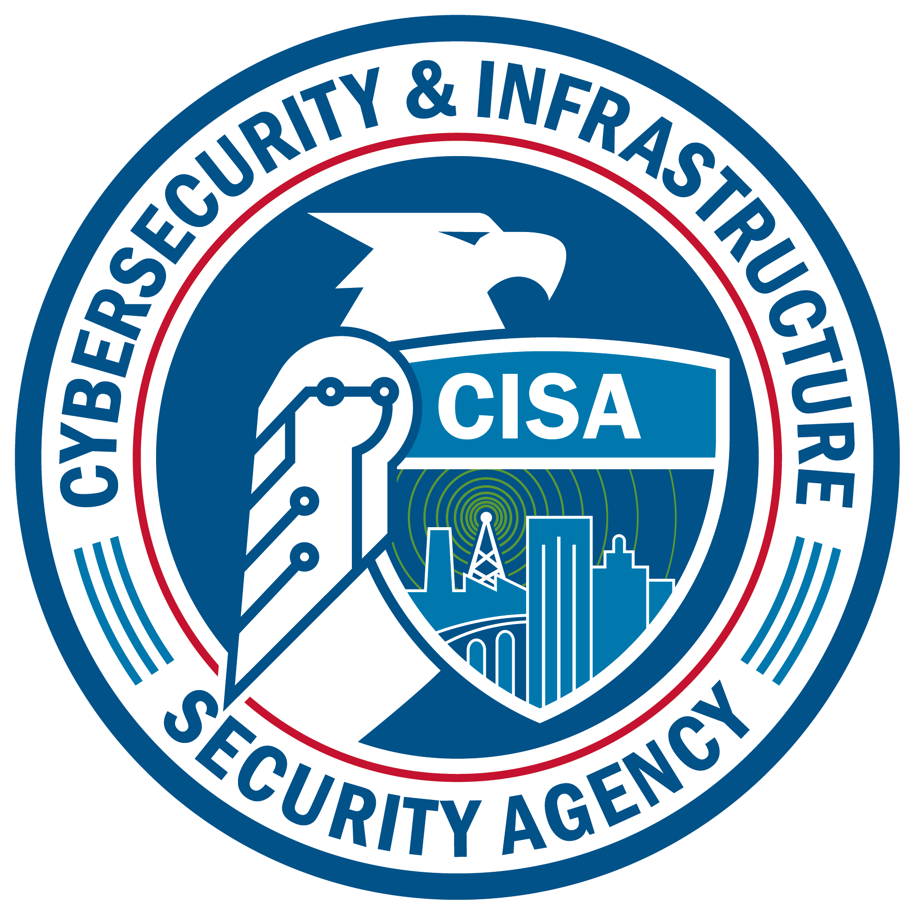











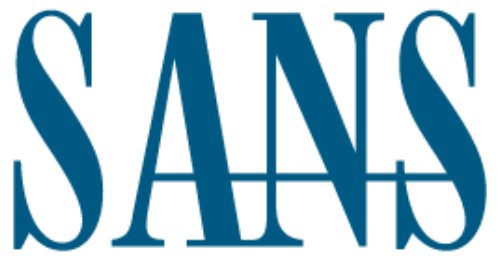




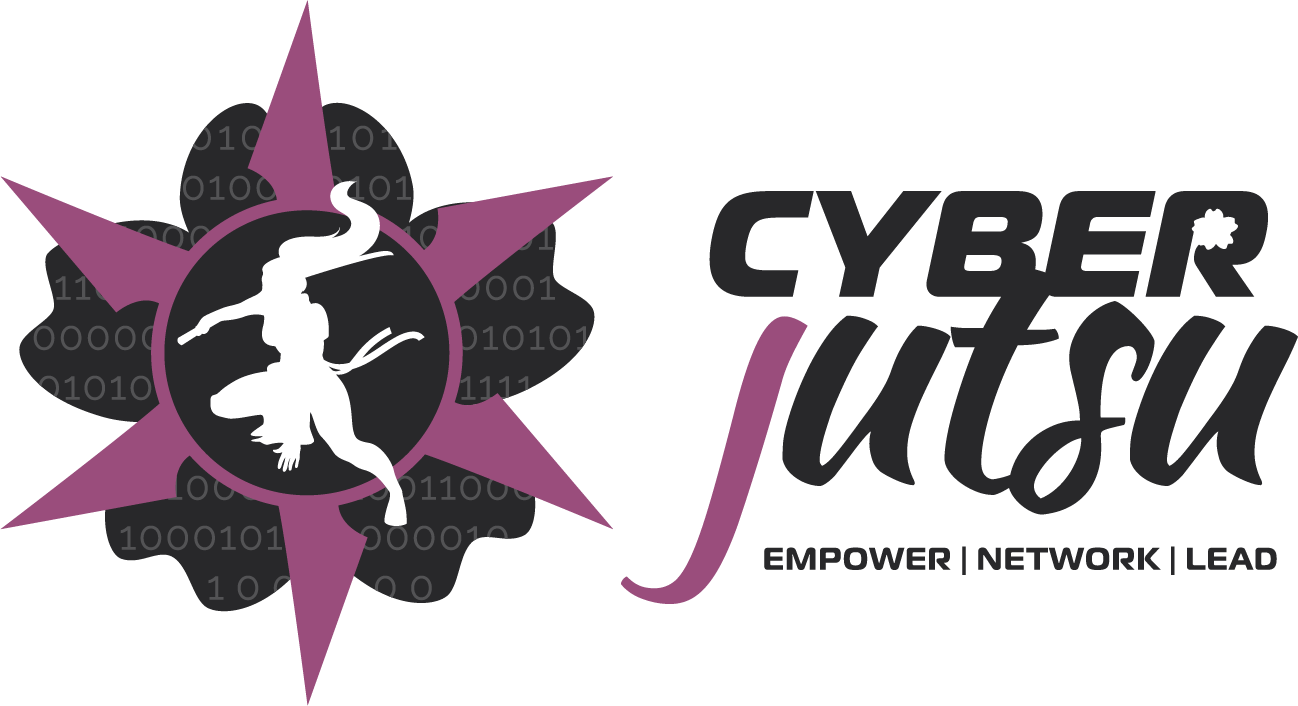







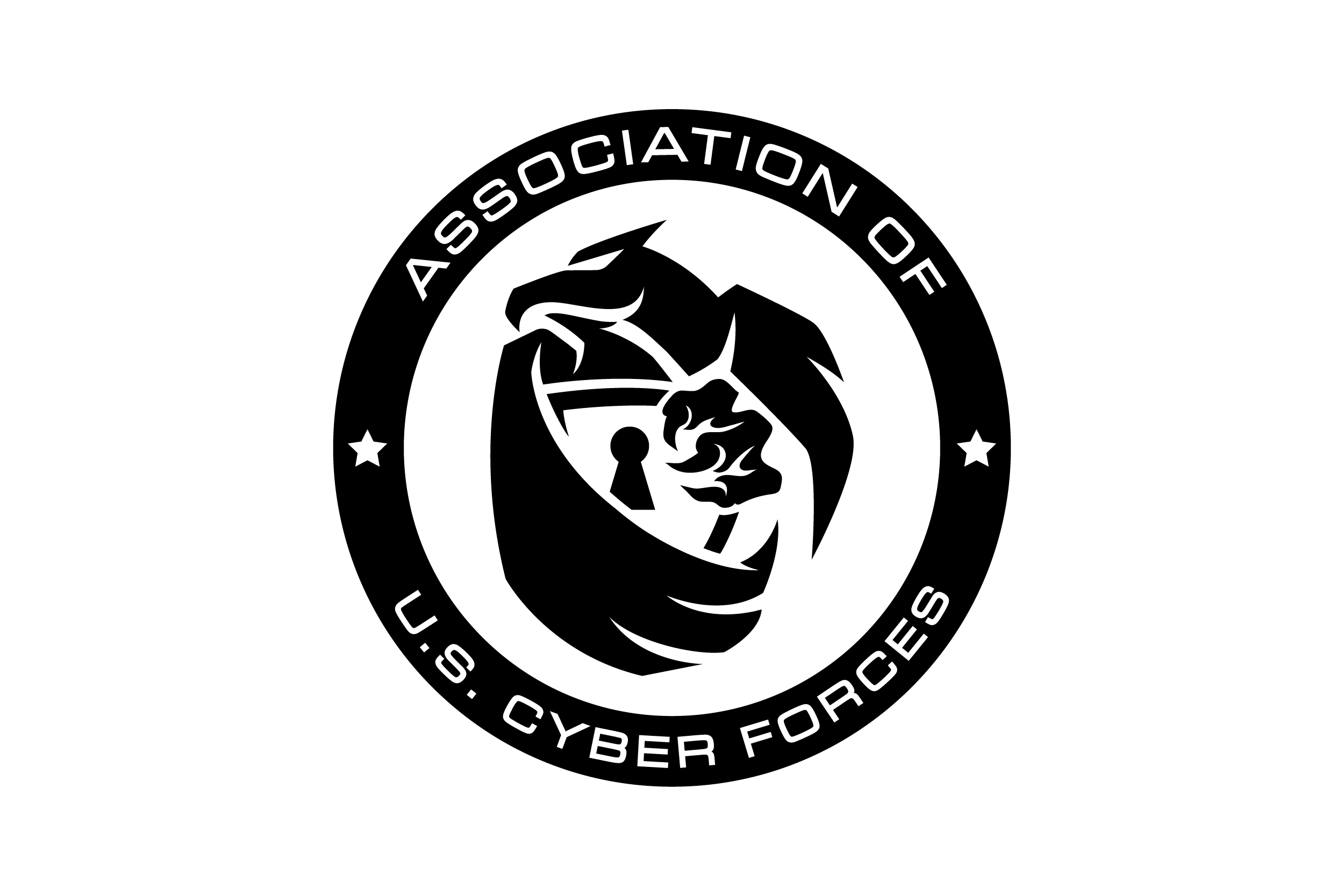

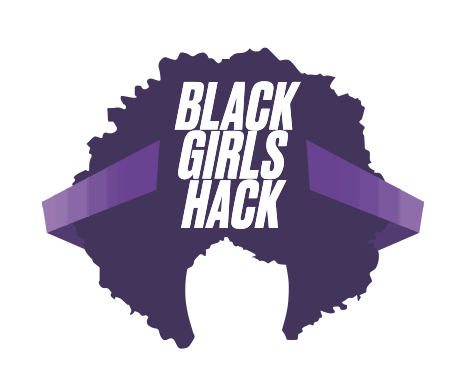






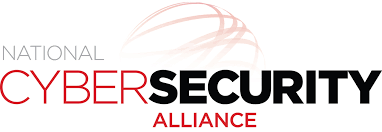
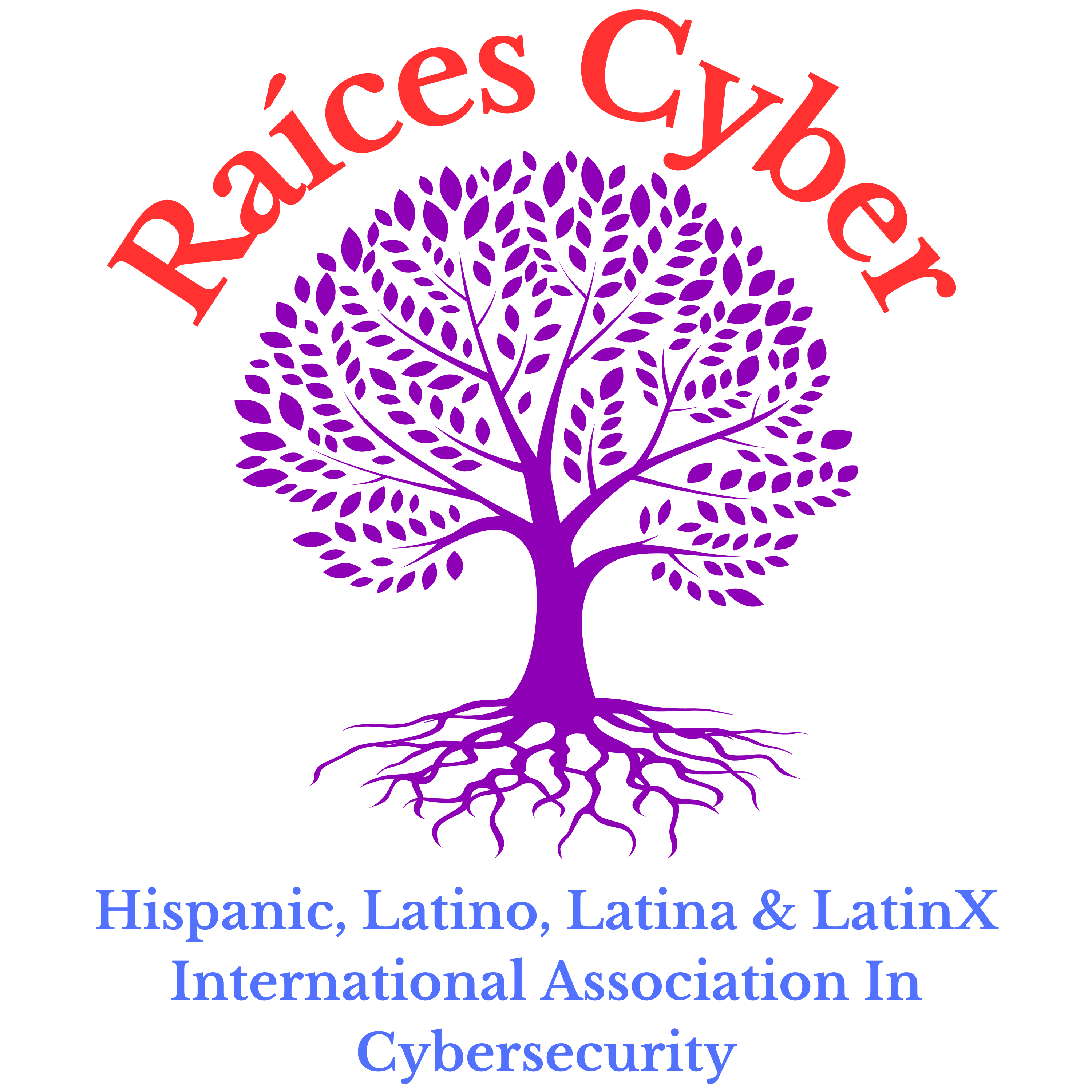


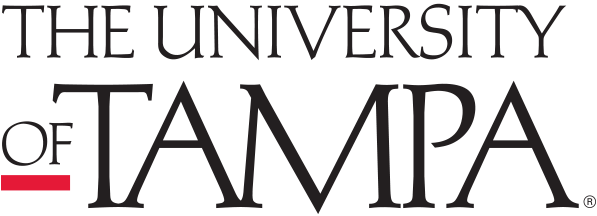



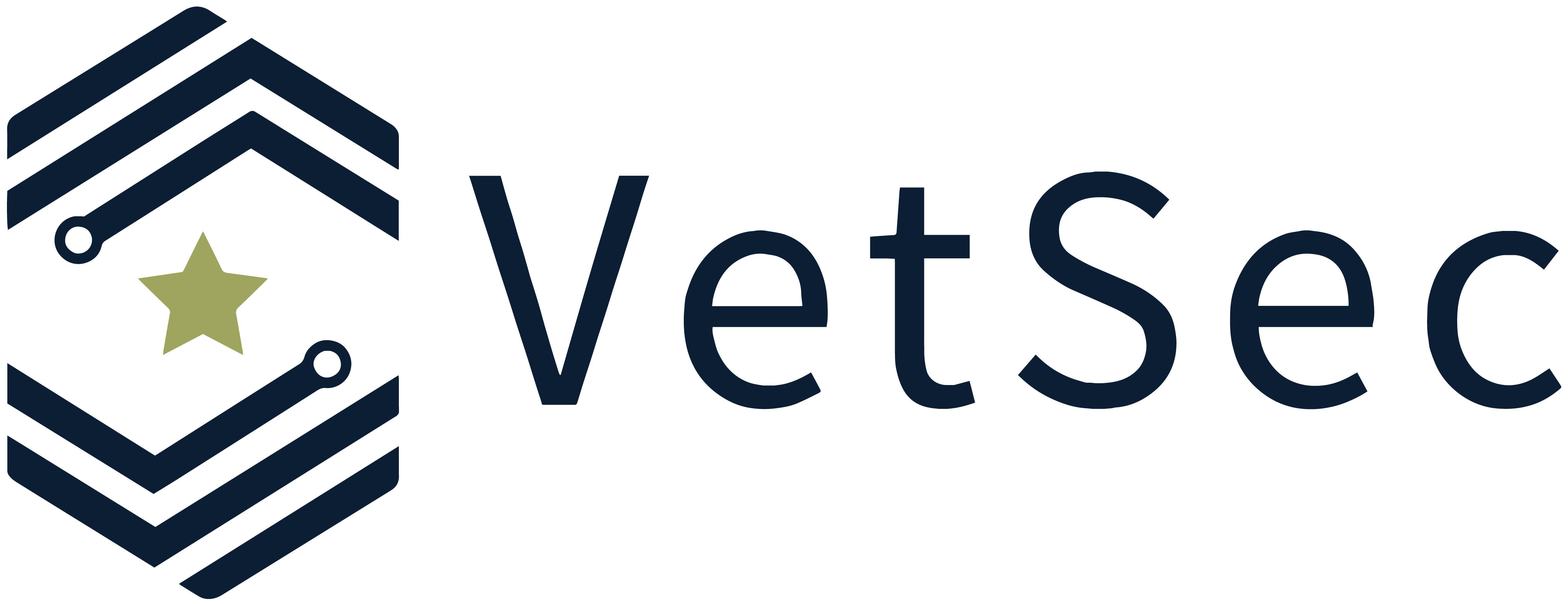


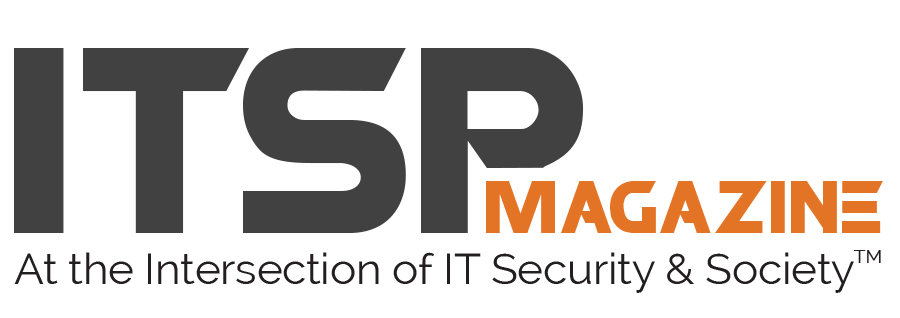

.png)







